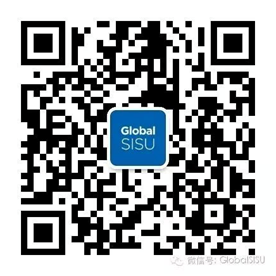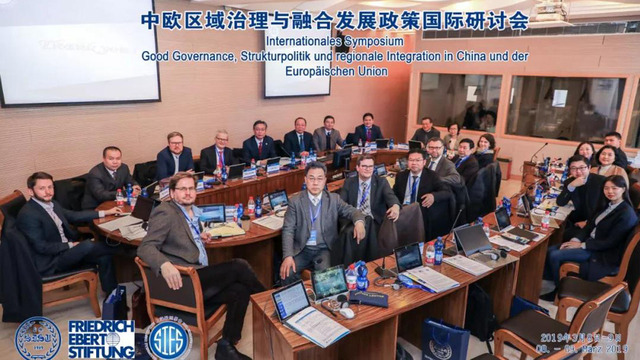 nternational Symposium: Good Governance, Structural Policy and Regional Integration in China and the EU.
nternational Symposium: Good Governance, Structural Policy and Regional Integration in China and the EU.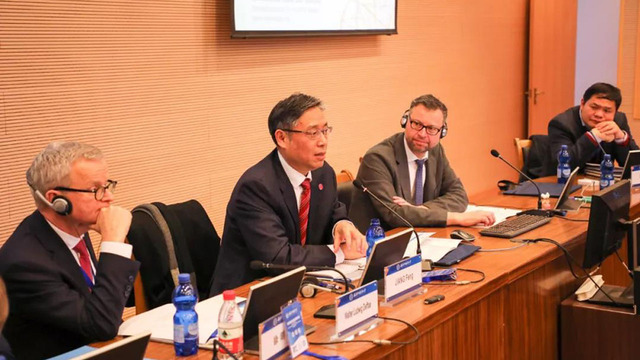 ISU University Council Chair Jiang Feng speaking
ISU University Council Chair Jiang Feng speaking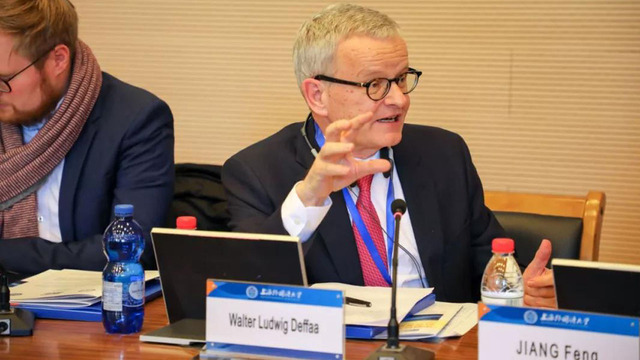 alter Deffaa, former director of the Regional Policy Department of the European Commission, speaking
alter Deffaa, former director of the Regional Policy Department of the European Commission, speaking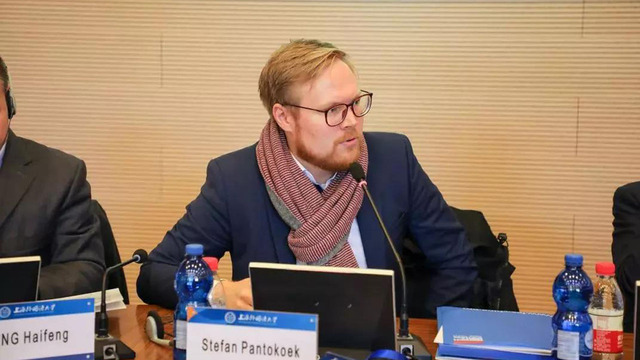 tefan Pantekoek, Leiter des FES-Büros Shanghai Stefan Pantekoek, Leiter des FES-Büros Shanghai, speaking
tefan Pantekoek, Leiter des FES-Büros Shanghai Stefan Pantekoek, Leiter des FES-Büros Shanghai, speaking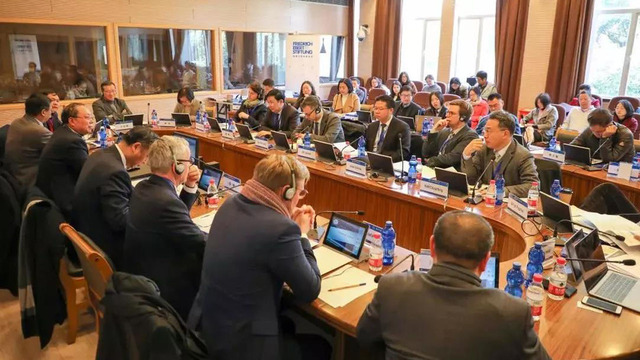 he participating scholars and politicians of China and the EU.
he participating scholars and politicians of China and the EU.An international seminar on Good Governance, Structural Policy and Regional Integration in China and the EU was held at the Shanghai International Studies University (SISU) from March 8 to 9, 2019.
The participating scholars and politicians of China and the EU discussed three major topics: the EU’s policies and moves in coping with regional integration, governance and the disparities between regions, the EU’s experiences for China in balanced development and the cooperation potentials between China and the EU.
SISU University Council Chair Jiang Feng introduced the significance of studying regional integration and governance for both China and the EU. He said that SISU is striving to become a world-class university of foreign languages specializing in international and areas studies and SISU is planning to offer research platforms for the EU and hoping for more cooperation.
Walter Deffaa, former director of the Regional Policy Department of the EU Commission, overviewed on the historical background, legal basis and process of the EU’s integration. “The EU’s integration policy aims at narrowing regional gaps and promoting integrative development of Europe,” Deffaa said. After 30 years of practice, he could say that all the EU countries benefited from the EU’s integration policy, especially eastern European countries.
Xu Mingqi, president of the Shanghai Institute for European Studies (SIES), addressed the opportunities and challenges in the integration of Chinese economy. He believed that policies such as opening up and targeted poverty alleviation could narrow regional gaps and maintain the stable development of the Chinese economy over the next 10 to 20 years.
The seminar was organized by SISU with the support of the Shanghai Institute for European Studies (SIES) and the Friedrich Ebert Foundation (FES).



